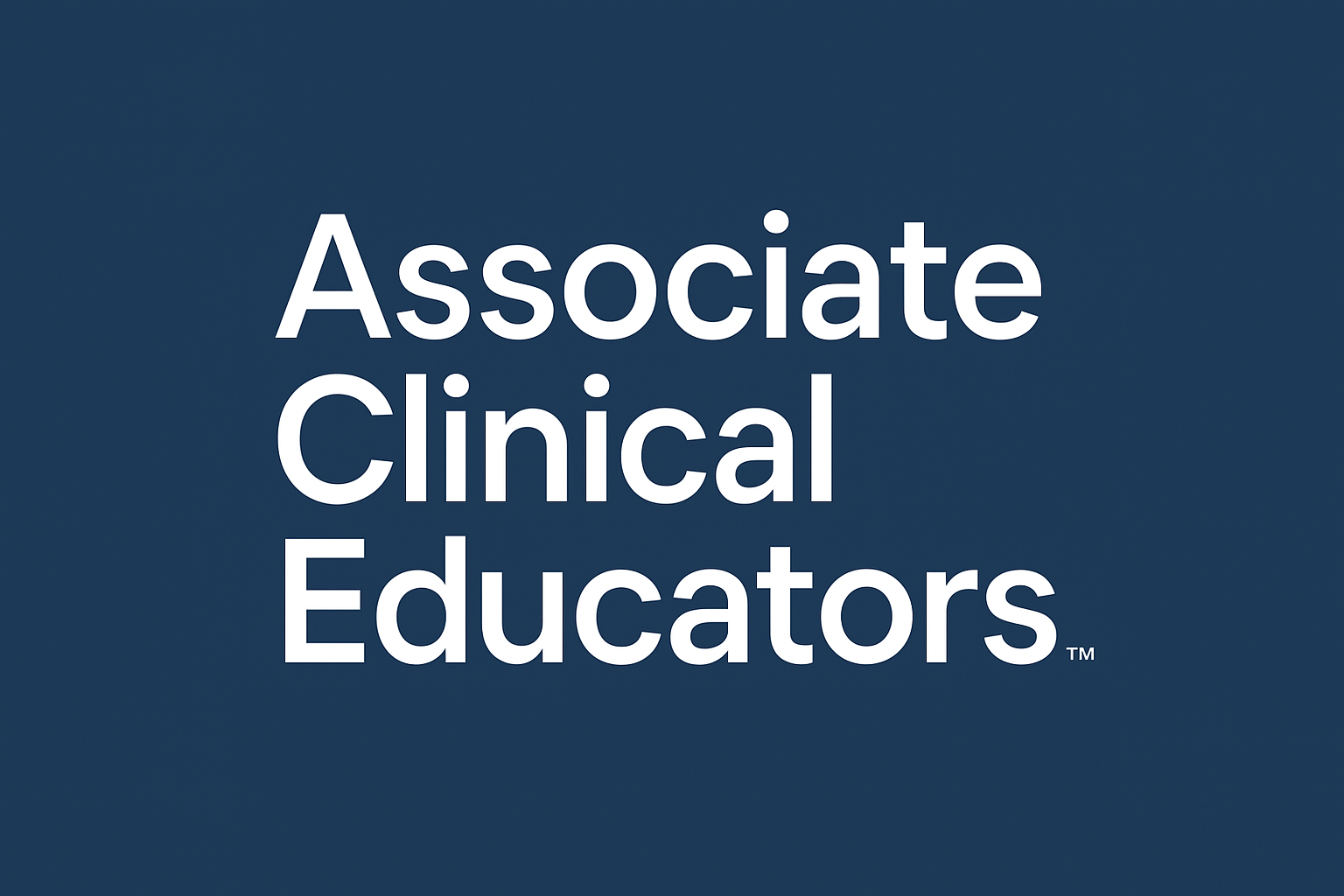The Perils of Certainty in Medical Education: How Rigidity Stifles Creativity, Innovation, and Open-Mindedness
Medicine has always carried an expectation of certainty. Patients seek definitive answers....
Read Moreby R Spour | Apr 30, 2025 | Associate Clinical Educators, Clinical Education, Meducate Academy | 0 |
Medicine has always carried an expectation of certainty. Patients seek definitive answers....
Read Moreby R Spour | Nov 15, 2024 | Associate Clinical Educators, Clinical Education, Meducate Academy | 0 |
Associate Clinical Educators™ vs. Simulated Patients: Defining Roles in Medical Education In the...
Read Moreby R Spour | Aug 6, 2024 | Associate Clinical Educators, Clinical Education | 0 |
In the ever-evolving field of medical education, professionalism is paramount in shaping...
Read Moreby R Spour | Mar 28, 2024 | Associate Clinical Educators, Clinical Education, Meducate Academy | 0 |
Navigating the intricacies of clinical communication is imperative for Associate Clinical Educators as they mould the next generation of healthcare professionals. Understanding this necessity, I’ve meticulously crafted a...
Read More
